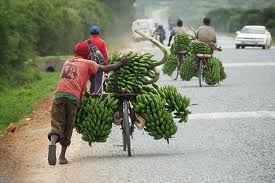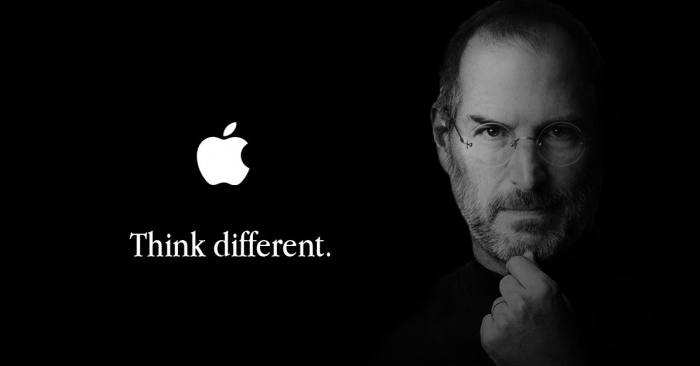In 2009 my colleagues and I released the report I am sharing now.
As you will read, it was intended, to aid the factual debate about ethnic diversity and the sharing of the national cake. The conversation about who gets what in Uganda is often not based on any real facts but rather representations of what people perceive.
Distribution of actual economic goods and opportunities is, as we found, not a straight forward picture. It is certainly not one from which one can draw direct conclusions about the operation of ethnic favoritism, nepotism and even ethnic-ized corruption. However as recent events show – many people believe they have a good idea about the eating classes ( ethnically speaking) and the starving ones.
While these symptoms may be sufficient as evidence that there is a serious imbalance – or what Oxfam describes as growth with exclusivity, they don’t present on the whole a good enough picture to debate how the economy should be managed for the betterment of the commons.
It is perhaps good policy to give pause to these feelings from time to time. Along with the report I am sharing, one of the few our Think Tank ( Fanaka Kwa Wote) prepared, I suggest a reading of Oxfam Uganda’s report on inequality in Uganda and its implications for policy.










